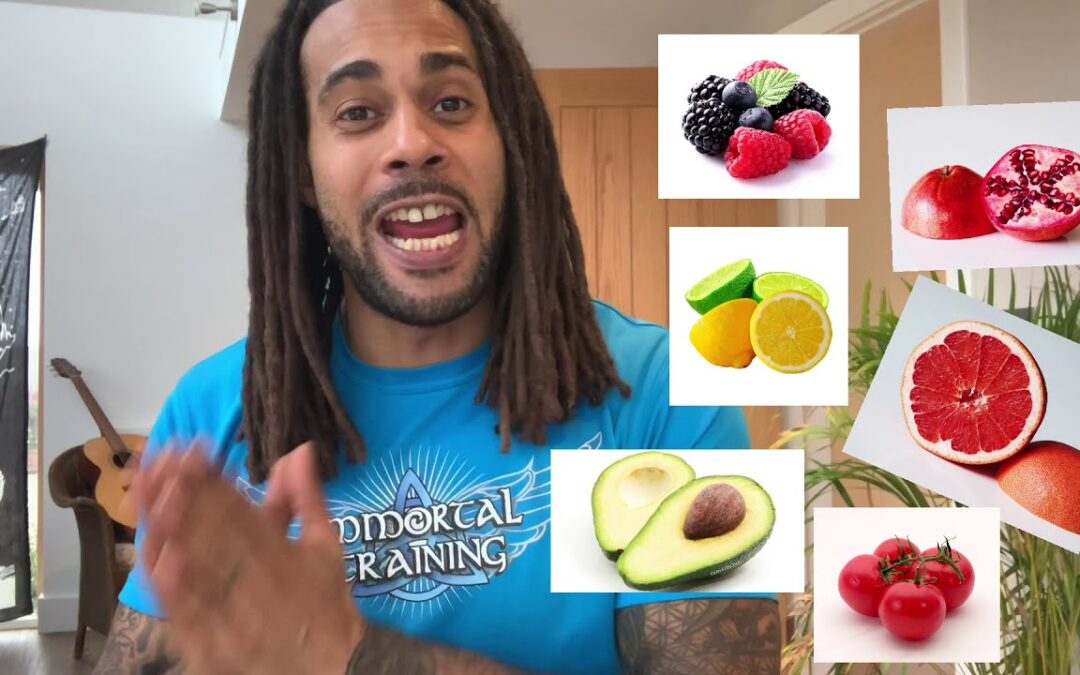INTERMITTENT FASTING 24-HOUR GUIDE
WHAT IS INTERMITTENT FASTING?
A lot of people think of starvation when you mention the word fasting, but I’m here to tell you that this isn’t the case. Intermittent fasting means that you are eating within a certain window of hours in the day and fasting for the rest.
Although there are others, the most popular intermittent fasting schedule follows a 16 – 8 hour split (sixteen hours fasting and eight hours eating). This also includes your sleeping hours during the night. For example, if you stopped eating at 8PM tonight you would then break your fast at 12PM tomorrow.
Firstly, the most important thing to know is that sixteen hours is the magic number and should be your minimum amount of fasting time for reasons that I will get into later. Personally, speaking in terms of body fat loss, I have had the best results when fasting 18-20 hours per day, shortening my eating window down to six or four hours, and so have many of my clients.
The second most important thing to understand is that intermittent fasting does not mean that you can spend your meal times eating junk food. You will not lose weight by fasting alone. Will fasting give you more wiggle room when it comes to cheat meals? Yes. Will you still get all of the other benefits from fasting if you’re not concerned with weight loss? Meh, yes and no.
Let’s not get it twisted. YOU MUST FOLLOW A KETO/LOW CARB BASED DIET AS WELL. No carbs or sugar is the most important aspect of eating healthily.
For more information on the keto diet go here:
WHAT HAPPENS IN THE BODY DURING FASTING?
Nature has given us two sources when it comes to fuelling the cells in our bodies – glucose (sugar), or ketones. Glucose comes from food and ketones are created naturally within the body from our own fat reserves.
In order to understand what happens during the fasted state we first have to understand insulin, which is a key hormone when it comes to fat storage. When we eat, blood sugars rise, so the pancreas has to release insulin to take sugar from the blood to the liver in order to be processed. This is the body’s natural way of lowering blood sugar levels in order to avoid toxicity. Carbohydrates and sugars raise the blood sugars to levels that are particularly higher than those of proteins and dietary fats, which is why I recommend avoiding them altogether.
When insulin is working at high levels, the body is running on glucose and potentially storing fat, so we refer to this as the fed state. It takes 16 hours of fasting to get the insulin levels low enough to enter the fasted state – where you are producing ketones for fuel (burning fat). That is when all of the amazing stuff starts to happen. Human beings have evolved by way of adaptation to eat far more infrequently than we do today. Getting into a fasted state also allows the body to unlock unique proteins that improve brain, gut, bone health and much more.

WHAT ARE THE BENEFITS OF KETONES?
Ketones…
- are an appetite suppressant
- are antioxidants
- will increase oxygenation in the body
- will decrease carbon dioxide levels in the body
- can improve thyroidal conditions
- burn fat
- increase energy levels
- unclog arteries
- increase good cholesterol and reduce the bad
- lower blood pressure
- improve mental disorders
WHAT HAPPENS WHEN YOU FAST UP TO 24 HOURS?
Although I don’t necessarily recommend it, I’ve known people to fast up to 21 days, but let’s just stick to the first day of fasting for now! Intermittent fasting for 24-hours is the one of the best ways to naturally trigger the anti-ageing, self healing and detoxification processes in the body.
12 HOURS INTO INTERMITTENT FASTING
- After 12 hours the body starts to produce ketones.
- Growth hormone levels also start to spike at 12 hours. This is beneficial for muscle and bone development.
16 HOURS INTO INTERMITTENT FASTING
- Ketosis begins.
18 HOURS INTO INTERMITTENT FASTING
- Autophagy – 18 hours into fasting, the body begins to recycle old, damaged and used proteins, organelles (such as mitochondria) and cell membranes, turning them into new ones. A great example of this is the regeneration of Advanced Glycated End Products, or AGEs, which are proteins destroyed by the glycated (sticky) mixture of glucose (sugar) and proteins in the body. It is at this point in the fasted state that the body starts to turn these old, damaged proteins into new amino acids. A person that has undergone dramatic weight loss surgery, for example, could benefit from autophagy if they suffer from ‘loose skin’. That loose skin is only an accumulation of dead proteins that can be recycled into new skin cells, simply by triggering this natural regeneration process.
- Amyloid plaque is the dense, insoluble protein that forms between the nerve cells (neurons) and can cause neurodegenerative disorders such as Alzheimer’s. These proteins get a good clean up when you hit the 18-hour mark. The same applies to all other types of cellular proteins that are no longer working in the body.
24 HOURS INTO INTERMITTENT FASTING
- Now you are now freeing yourself of glycogen (stored glucose) built up in the liver. You see, the process of body fat storage looks like this:
GLUCOSE —> GLYCOGEN —> ADIPOSE TISSUE/BODY FAT
In order to get into the visceral (organ) fat, you must burn through the glycogen stores first.
- Gut healing from the increase of stem cells. That’s right, you’re now detoxing your gut and you didn’t have to spend a penny on any of those ‘miracle supplements’.
- 24 hours of fasting improves cardiovascular functions by lowing blood pressure, cholesterol, and reversing heart disease.
- The reduction in ‘monocytes’, which are the cells that cause inflammation in the body, helps to eliminate conditions such as diabetes, multiple sclerosis and irritable bowel syndrome.
- You’re getting smarter! Stimulating the production of a protein in the nerve cells, called Brain Derived Neurotropic Function (BDNF), will improve learning, memory, and the production of new nerve cells in the hippocampus area of the brain.
CONCLUSION
The scientific world is currently experiencing a lot of breakthroughs when it comes to fasting. It seems as if science is starting to catch up to the ancient knowledge and practices that our ancestors relied on so heavily. Up until about a century ago, people often used fasting as a way to treat a wide range of illnesses. The decline in the practice of fasting can be correlated with the rise of big pharmaceutical companies. As many natural medicines were made illegal by the forces that be, so came the deterioration of the way of life.
It is not in the interest of food, or pharmaceutical companies to encourage fasting as a health option. There is no money in it for them. You have the power.
Get yourself into a 24-hour fast as quickly as possible. That will ensure that you are burning through visceral (organ) fat right away. You will have to get through that before you see anything shift from anywhere else. Try to maintain a minimum 16 hour fast everyday thereafter, keeping it mind that it could take up to one week for your body to properly adjust to the new changes.
Good luck!
Tayvis Gabbidon







Recent Comments